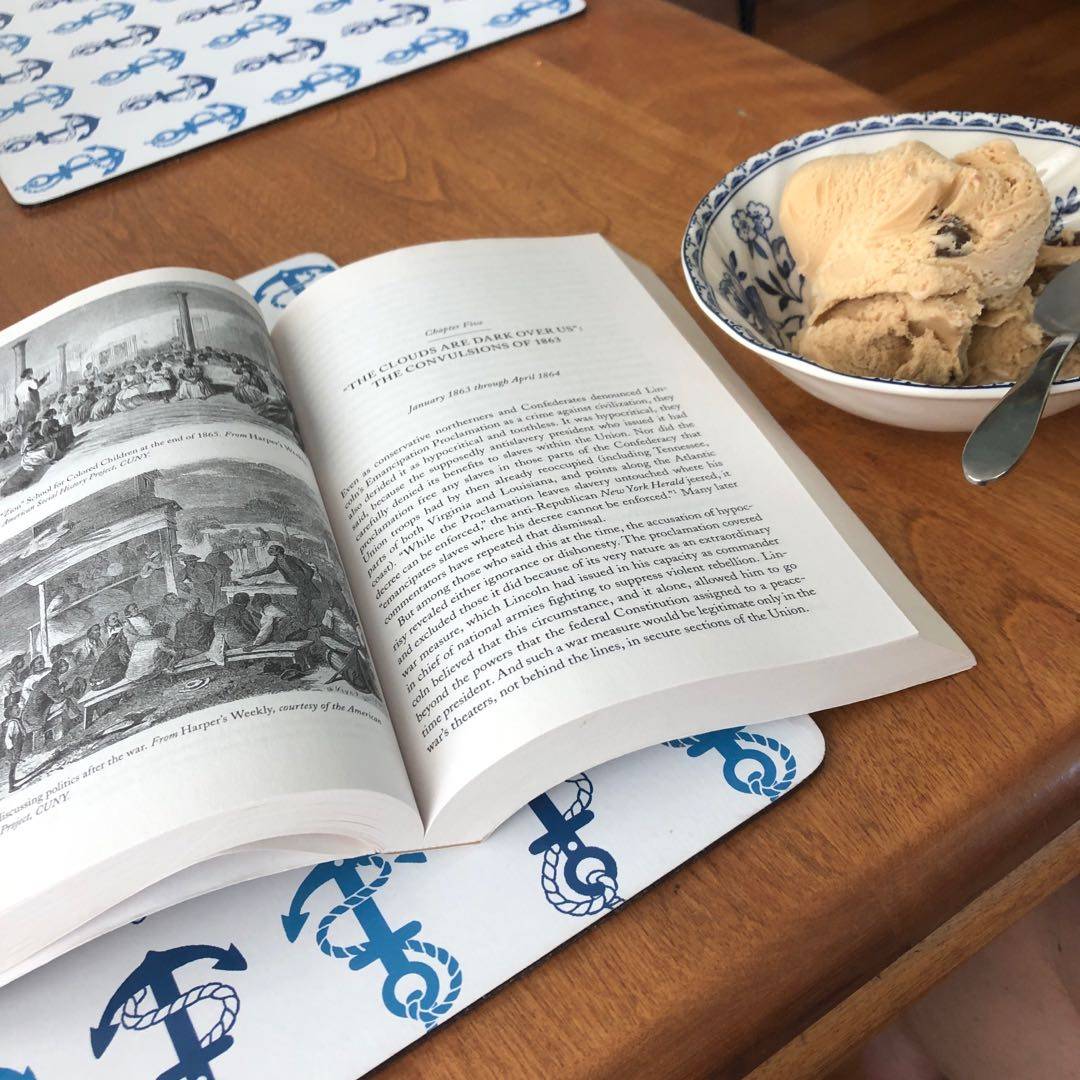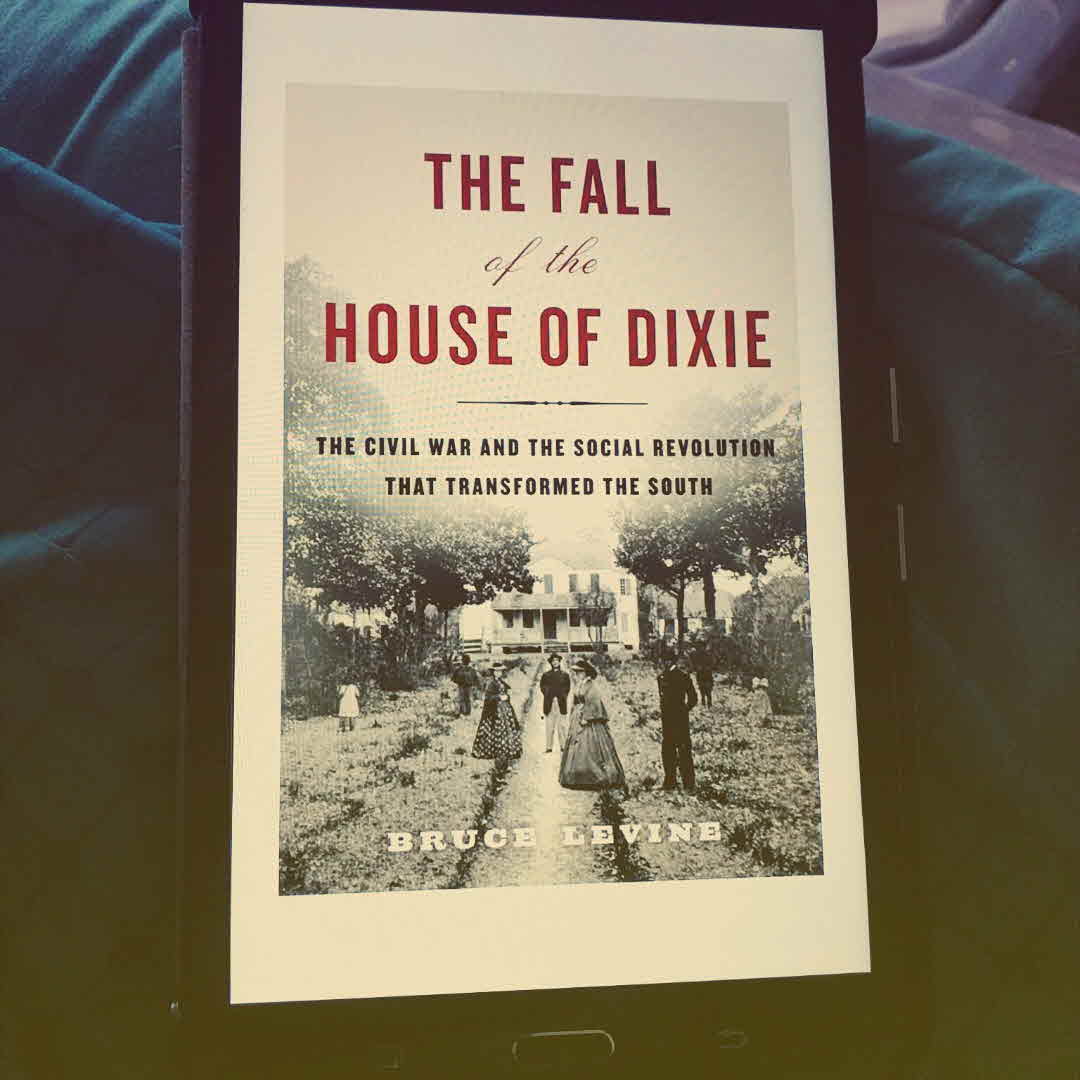The Fall of the House of Dixie: The Civil War and the Social Revolution That Transformed the South | Bruce Levine
In this major new history of the Civil War, Bruce Levine tells the riveting story of how that conflict upended the economic, political, and social life of the old South, utterly destroying the Confederacy and the society it represented and defended. Told through the words of the people who lived it, The Fall of the House of Dixie illuminates the way a war undertaken to preserve the status quo became a second American Revolution whose impact on the country was as strong and lasting as that of our first. In 1860 the American South was a vast, wealthy, imposing region where a small minority had amassed great political power and enormous fortunes through a system of forced labor. The South�s large population of slaveless whites almost universally supported the basic interests of plantation owners, despite the huge wealth gap that separated them. By the end of 1865 these structures of wealth and power had been shattered. Millions of black people had gained their freedom, many poorer whites had ceased following their wealthy neighbors, and plantation owners were brought to their knees, losing not only their slaves but their political power, their worldview, their very way of life. This sea change was felt nationwide, as the balance of power in Congress, the judiciary, and the presidency shifted dramatically and lastingly toward the North, and the country embarked on a course toward equal rights. Levine captures the many-sided human drama of this story using a huge trove of diaries, letters, newspaper articles, government documents, and more. In The Fall of the House of Dixie, the true stakes of the Civil War become clearer than ever before, as slaves battle for their freedom in the face of brutal reprisals; Abraham Lincoln and his party turn what began as a limited war for the Union into a crusade against slavery by issuing the Emancipation Proclamation; poor southern whites grow increasingly disillusioned with fighting what they have come to see as the plantation owners� war; and the slave owners grow ever more desperate as their beloved social order is destroyed, not just by the Union Army, but also from within. When the smoke clears, not only Dixie but all of American society is changed forever. Brilliantly argued and engrossing, The Fall of the House of Dixie is a sweeping account of the destruction of the old South during the Civil War, offering a fresh perspective on the most colossal struggle in our history and the new world it brought into being. Praise for The Fall of the House of Dixie �This is the Civil War as it is seldom seen. . . . A portrait of a country in transition . . . as vivid as any that has been written.��The Boston Globe �An absorbing social history . . . For readers whose Civil War bibliography runs to standard works by Bruce Catton and James McPherson, [Bruce] Levine�s book offers fresh insights.��The Wall Street Journal �More poignantly than any book before, The Fall of the House of Dixie shows how deeply intertwined the Confederacy was with slavery, and how the destruction of both made possible a �second American revolution� as far-reaching as the first.��David W. Blight, author of American Oracle �Splendidly colorful . . . Levine recounts this tale of Southern institutional rot with the ease and authority born of decades of study.��Kirkus Reviews (starred review) �A deep, rich, and complex analysis of the period surrounding and including the American Civil War.��Publishers Weekly (starred review)






